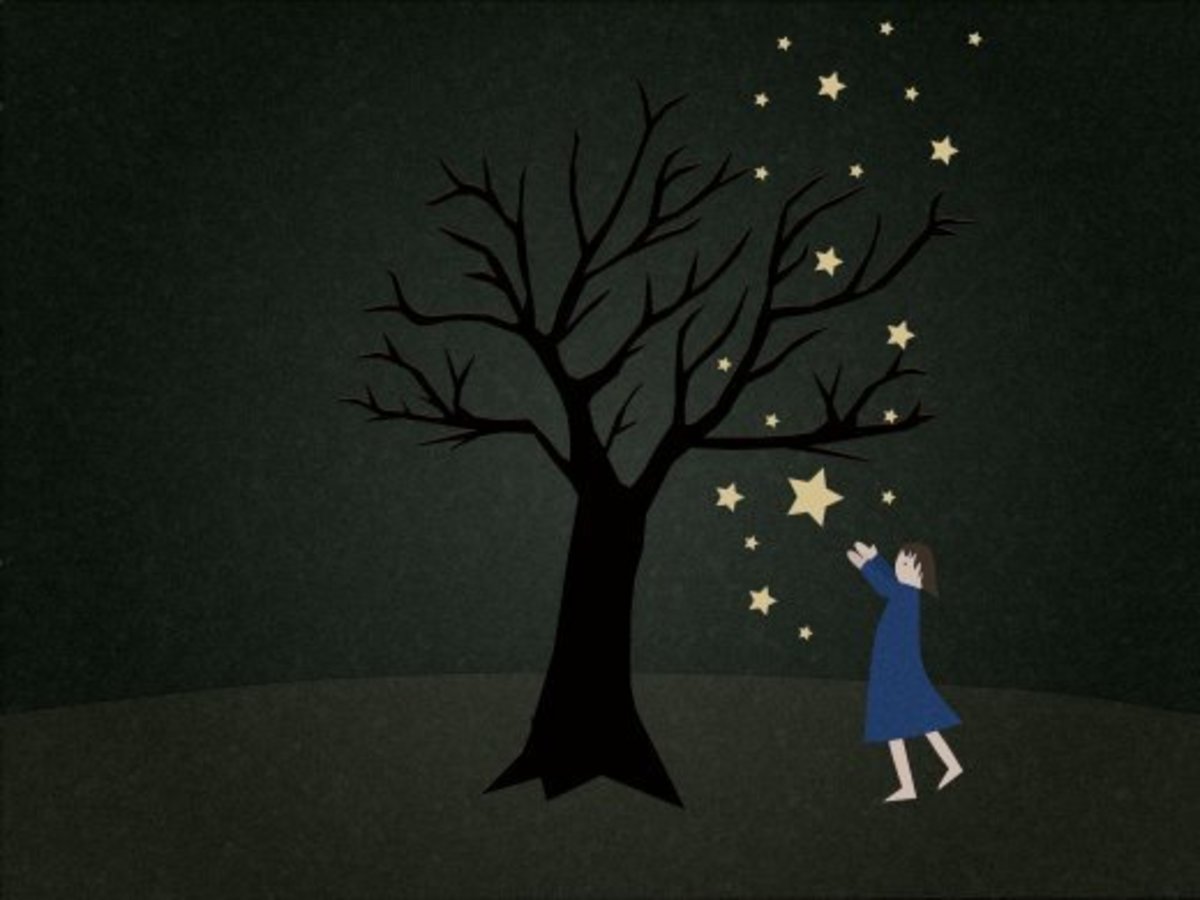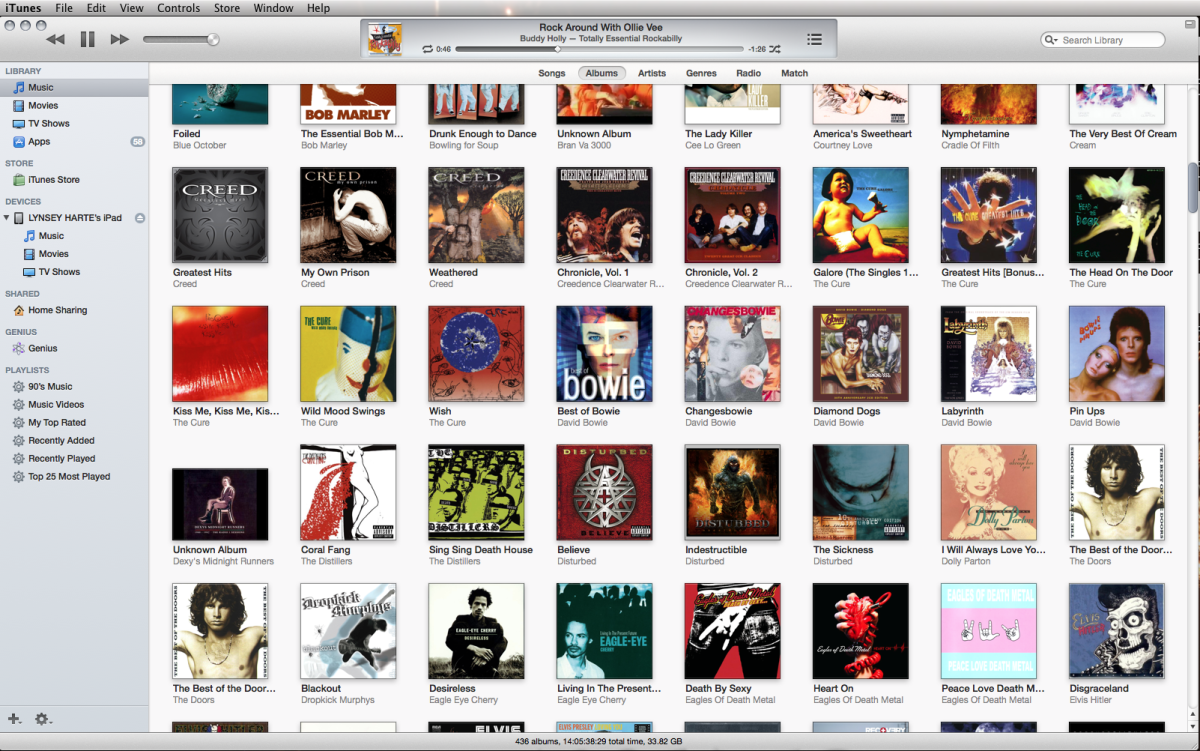How the Internet has Changed Music

There is a young college student on YouTube, Julia Nunes, who sings and plays the ukelele from her university dorm room. Owing to success on You Tube, she has performed around the world, sold her albums on itunes and even featured as a support act for for her idol Ben Folds. None of this would have been possible without the invention of the Internet and in particular, YouTube.
Julia's story is not unique, there are hundreds, if not thousands of singers, songwriters and musicians who have found a public platform through the web and varying degrees of success. We need only look to the phenomenal success of teenage idol, Justin Bieber to see just how powerful the web medium can be. British singer Lily Allen got her break posting videos on a social media page and the spiralling success of Gotye's Billboard number one song Somebody that I used to Know , which he first recorded in his parents garage, owes much of it's success to YouTube. According to one Facebook bio:
Within three weeks of its striking, stop-frame, body-painting video being posted on YouTube, the song had received more than two million hits and made it to No.1 on the Hype Machine Twitter chart.
Of course for every Internet success stories there are thousands of failures and while You Tube success stories have given inspiration and hope to scores of aspiring musicians, the web is rife with less than talented wannnabees but the point is, it is now at least possible to launch into a musical career without being at the mercy of powerful, monopolising record companies and the industry machine. Through You Tube they can garner a following, bring out their own album on itunes and away they go.
Early Julia Nunes
LINKS
- Mobile Technology and the Internet
Do mobile users behave differently to traditional full-screen computer users and if so in what ways?
Downloadable Music
The average person is now exposed to a greater variety of music than they were pre-Internet and have access to thousands of music files and video clips - some free, some user pay. Changes in the delivery method of music has meant people have been exposed to more innovative, non-mainstream music, which may never have got a look in under convention industry rules.
In the early days of the Internet, file share sites like Napster, Bear Share, Bit Torrent, Limewire and a host of others, sent the traditional commercial players into a spiralling panic. Their first reaction was to seek out and prosecute piracy, yet it quickly became evident the digital downloading was too big too control.
From the consumers point to view, the reasoning was simple - why pay 20 or 30 dollars for a conventional CD when they could download whatever they wanted for free and in the combination of songs they wanted? The fact that so many people were doing it meant prosecuting individuals was unlikely to succeed and for every share site that was shut down, another would emerge to replace it.
Hand in hand with file sharing came the invention of the MP3 player - intangible, portable music revolutionised music delivery and consumer behaviour. People no longer needed CD's and an at home appliance to play them on. Apple's ipod meant thousands of tracks could be stored on one device. The maverick nature of the Internet meant the recording giants were facing a losing battle. It was a crisis - the store bought tradition was giving way to an endless sea of online free music.

Steve Jobs and itunes
Eventually industry giants sought help from visionary Apple legend, Steve Jobs, who explained that instead of trying to swim against the forceful currents of change, the industry would be better served by "removing their heads from their a$$es " and start swimming with the flow. Instead of suing and prosecuting, they needed to offer a more convenient and reasonably priced alternative. Jobs succeeded where other' technology companies had failed and the industry giants were now persuaded to change tack. In less than a year every major label had signed up to the Apple itunes store and in it's first week the itunes store sold more than a million tracks. For Jobs it meant even better ipod sales.
Control
Some critics believe Apple, which is now the strongest company on earth, has too much control over the music industry. Pete Townsend of Who fame described itunes as a 'digital vampire', sacrificing the artist's interests in favour of profit. Yet the one predictable feature of the Internet is that it is ever-changing - in historical terms it is still in its infancy. What those inevitable changes might mean for the future of music is anyone's guess.

Still room for the old stuff...
- How Retro.com: Vinyl Records
Vinyl enthusiasts miss the shiny black smoothness of the grooved record, the visual impact of the album cover, even the smell - in short they pine for the whole feel and ambiance of an actual record. Vinyls have a 'physicality' that just can't be ...










